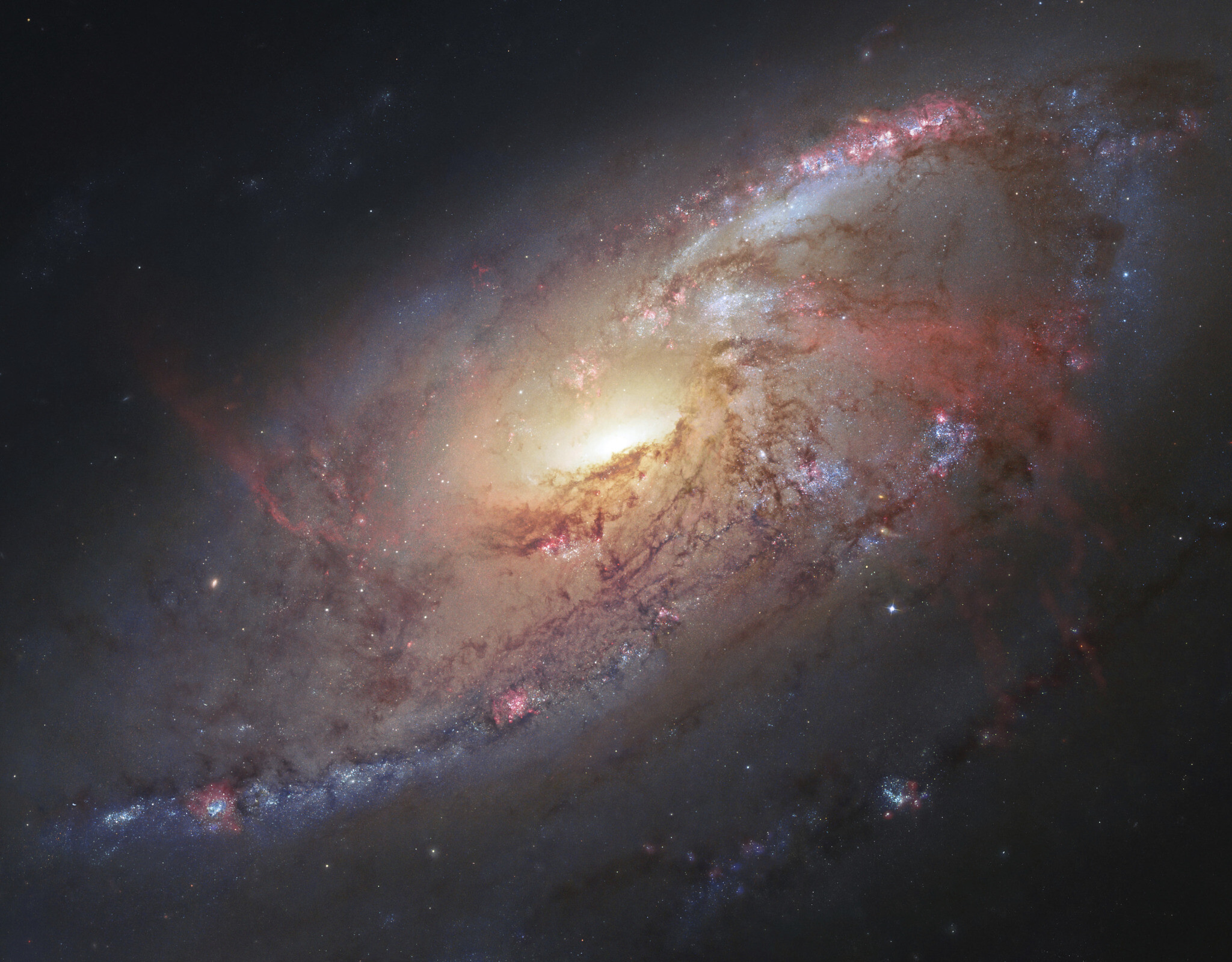RJM Corbet
Deus Pascus Corvus
Eukaryotes: A new timetable of evolutionPerhaps because the conditions are now different.
Apart from anything else, the organisms that would be the result of the mutations (and other mechanisms that might be involved) amongst those current-day bacteria and archaea would be entering a world full of existing organisms that are already well adapted to their environments (as opposed to ones that are not so well-adapted).
"Contaminated samples have evidently created some confusion in the timetable of life. On the basis of ultra-clean analyses, an international team, including scientists from the Max Planck Institute for Biogeochemistry, has disproved supposed evidence that eukaryotes originated 2.5 to 2.8 billion years ago. In contrast to prokaryotes such as bacteria, eukaryotes have a nucleus. Some researchers thought they had discovered molecular remnants of living organisms in rock samples up to 2.8 billion years old. However, as the current study shows, these molecular traces were introduced by contamination. The oldest evidence for the existence of eukaryotes is now provided by microfossils that are ca. 1.5 billion years old ..."
The Origin of the Universe, Earth, and Life - Science and Creationism - NCBI Bookshelf.
"The origins of life cannot be dated as precisely, but there is evidence that bacteria-like organisms lived on Earth 3.5 billion years ago, and they may have existed even earlier, when the first solid crust formed, almost 4 billion years ago. These early organisms must have been simpler than the organisms living today ..."
Regardless, prokaryote life continued for around 2 billion years, before the 'quantum jump' to eukaryote? And it only happened that one time?
(References selected at random from Google search so I cannot vouch for them)
Last edited:


